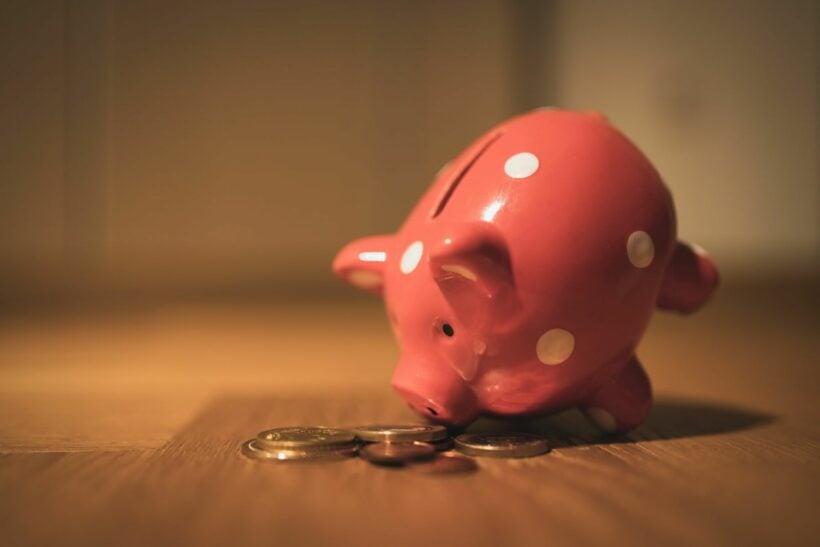Report reveals Thais need to save 15%-30% of salary for retirement

Thai people are being urged to save more money for their retirement instead of relying on lotto prizes, inheritances, or descendants’ income.
The Faculty of Commerce and Accountancy of Chulalongkorn University launched a National Retirement Readiness Index (NRRI) for Thailand yesterday. The report revealed that Thai people are not financially ready for retirement.
Most people are ready for retirement in terms of health, but less than 40% of the population is ready in terms of finance.
The research team surveyed money spent by the nation’s elderly to measure how much money future retirees would need to survive after retirement.
From the survey, an elderly person over the age of 60, for argument’s sake, who had saved about 3 million baht could survive on 6,000 to 7,000 baht per month. In reality, people need about 10,000 per month, which means people should have more than 3 million baht in their saving accounts before they retire.
The Director of the Faculty of Commerce and Accountancy, Pornanong Budsaratragoon, reported that the government should encourage people to save money and provide them with knowledge of how to invest their money and advise how to avoid financial scams.
Pronanong added that employers should take care of their employees both in their work lives and personal lives. Employers should encourage employees to save at least 15% of their income, like setting up a provident fund or providing knowledge about retirement mutual funds.
Pornanong said…
“Your life will suffer if you save only 10% of your income. People should save 15% of their income. They can survive if they save 30% of their income, and it is preferable if they save more. Anyone who saves less than 10% will have to rely on lottery prizes, inheritance from ancestors, and the income of their descendants, which are all uncontrollable. Investing in knowledge is also important.”
Pronanong added…
“Thailand is coming into the hyper-aged (living longer) society. People should have awareness and change their behaviour to handle it.”
SOURCE: Matichon | Prachachart
Latest Thailand News
Follow The Thaiger on Google News:


























